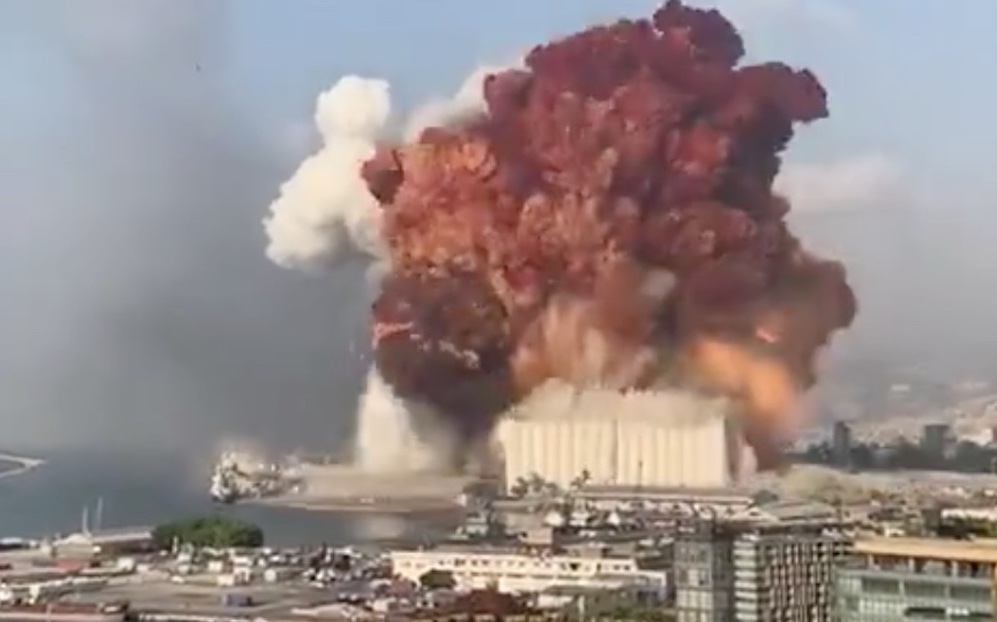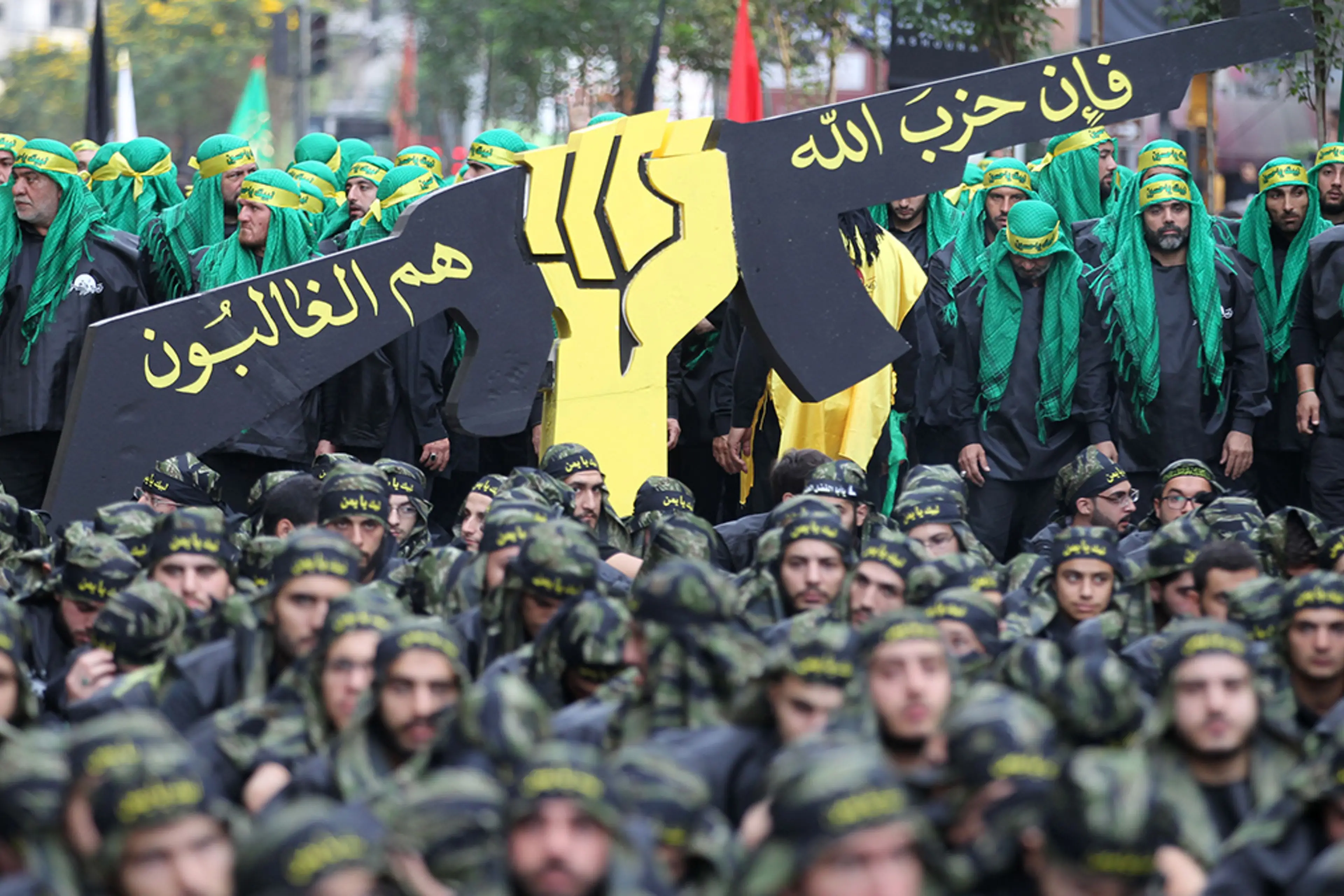Inshallah, Lebanon
"[Following the Beirut port explosion of August 4, 2020 is the city beginning to heal?] ...No, it's worse. Because [there has been] no justice. Nothing.""There are so many families that have lost their children, their parents, their aunts, their uncles that are working really hard to do something about it [looking for answers]. But I don't know if we're going to get anywhere.""Now we have to think twice about everything, everything, everything. It's very mind-boggling. But having said that, I still love Lebanon, and I still love living here.""It could be the most beautiful country in the world. And, unfortunately, it's not today.""We're fed up with saying to ourselves 'We need to be resilient'. No. We need to make changes. We need drastic changes.""It's chaotic. It's difficult. It's a transition, hopefully, to better things.""And I say this with parentheses -- Inshallah. Meaning' hopeful', in Arabic."Barbara Abdeni Massaad, Author, photographer
 |
| rsz_leinterviste |
Oriana Fallaci, the verbally pugilistic Italian journalist who earned an admirable reputation as a hard-nosed, intrepid journalist whom Grand Ayatollah Khomeini agreed could interview him soon after the Islamic Revolution in Iran, also wrote a novel based on her experiences in Lebanon during and after the civil war which she titled 'Inshallah'. At that time too, when Beirut had been half-destroyed and Iran sent its al-Quds division of the Islamic Revolutionary Guard Corps to the country to train Shi'ite Lebanese the Islamist death cult of terrorism, there was still hope for the country.
Fallaci succumbed to the demand placed on her to wear a face-revealing burqa to interview Khomeini for the opportunity to ask him probing, accusative questions of the route he was taking Iran toward. Finally, in the face of the Ayatollah's growing irritation with the questions she posed, she declared she was tearing the 'rags' off ("I’m going to take off this stupid medieval rag right now!”). Her novel described the dismal condition of Lebanon, its Muslim sects divided, the power struggles between Lebanese Christians, Druze and Sunnis, and the inferior status of the Shi'ites.
Shi'ite Hezbollah, Iran's terrorist proxy group is pretty well in control of Lebanon now; threat, intimidation, violence, all accomplished what originally living in a state of harmonious mutual suspicion, alternating political positions in a governing-sharing agreement between Lebanon's various communities has pretty well broken under the weight of the civil war and the inability to recover from the meddling of Syria and Iran. Hezbollah recklessly stored explosive material in dilapidated storehouses in Beirut's port.
 |
Deadly port explosion rocks Beirut - Splash247 |
The inevitable occurred when a spark led to a massive explosion destroying part of the port infrastructure, killing over 220 Beirutis, and injuring an additional 6,500 others. Two and a half years later, bereaved families are still calling for an investigation to be launched. The originally assigned judge of the Lebanese judiciary resigned amidst threats and intimidation from Hezbollah wanting to protect itself from what would be damning conclusions of its willful neglect causing death and injury.
The February 2005 bomb-assassination of former Lebanese Prime Minister Rafik Hariri's investigation was finally taken over by a UN special tribunal that found, as expected, Hezbollah agents to have planned the murder of the influential and respected Lebanese politician, their strings pulled by Iran.
Hezbollah's first atrocity took place when the newly-fledged terrorist group bombed the American UN military barracks on a UN peacekeeping mission, murdering 307 people: 241 U.S. and 58 French.
Over time, Hezbollah has gained in strength and influence, receiving munitions and stockpiling technologically updated missiles from Iran. It has launched attacks against Israelis and Jews internationally as Iran's terrorist proxy, and it has firmly established itself as an integrated part of the Lebanese government, while maintaining its armed forces separate and apart from the Lebanese military. It is more powerful and better armed than the Lebanese military. And under its malign influence Lebanon has faltered and become utterly dysfunctional
.
 |
Fuel shortage plunges Lebanon into darkness |
Following the blast at Beirut's port, the severely troubled country's economy has been destroyed, inflation has made life impossible for its residents; people cannot withdraw their savings from Lebanon's banking system. Some desperate civilians have taken to robbing banks to the extent of their savings, badly needed to pay for surgeries for ailing family members. Food, heating oil and medical supplies are scarce and people are desperately in need.
The country, once the pride of the Middle East, its coastal 'French Riviera' and 'Swiss Alps', the playground of beautiful landscapes that drew tourists from across the Middle East and further afield is now a pathetic remnant of its former glory. The kidnappings and hostage-taking, the ransom demands and 'prisoner' exchanges, the underground incarceration of Church of England Terry Waite among others, incrementally destroyed the country. It is now on its knees, its people facing starvation.
People are threatened daily by economic and political threats. Some 80,000 Lebanese left their country in 2021 representing an increase of 346 percent over 2020. Political instability, economic meltdown, has led to a massive deterioration of the quality of life -- to the extent that 63 percent of Lebanese would emigrate if the opportunity arose. UNICEF reports that Lebanese children "believe emigration is their only hope".
According to the United Nations, 78 percent of the population lives in poverty. Lebanese Civil War survivors (1975 to 1990) claim that the crisis of today is worse than the parlous times they experienced living in dread of shelling or sniper fire.
 |
| Members of Lebanon’s Hezbollah take part in Ashura commemorations in a southern Beirut suburb. Anwar Amro/AFP/Getty Images |
Labels: Dysfunction, Economy, Hezbollah, Iran, Lebanese Civil War, Lebanon, Syria, Terrorism
0 Comments:
Post a Comment
<< Home